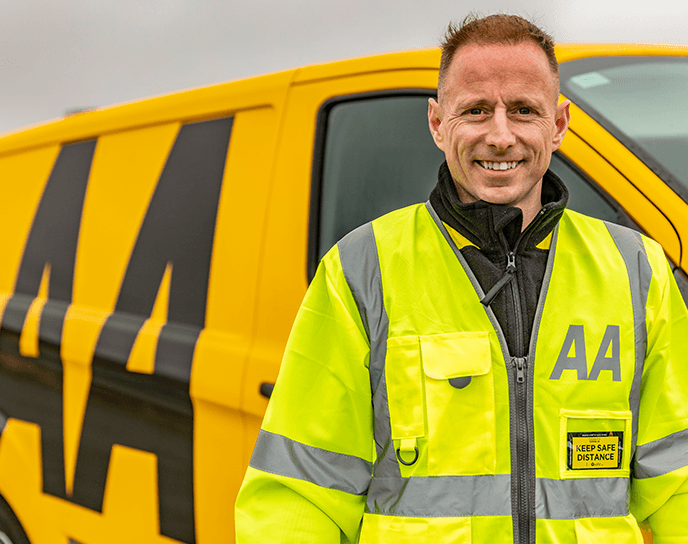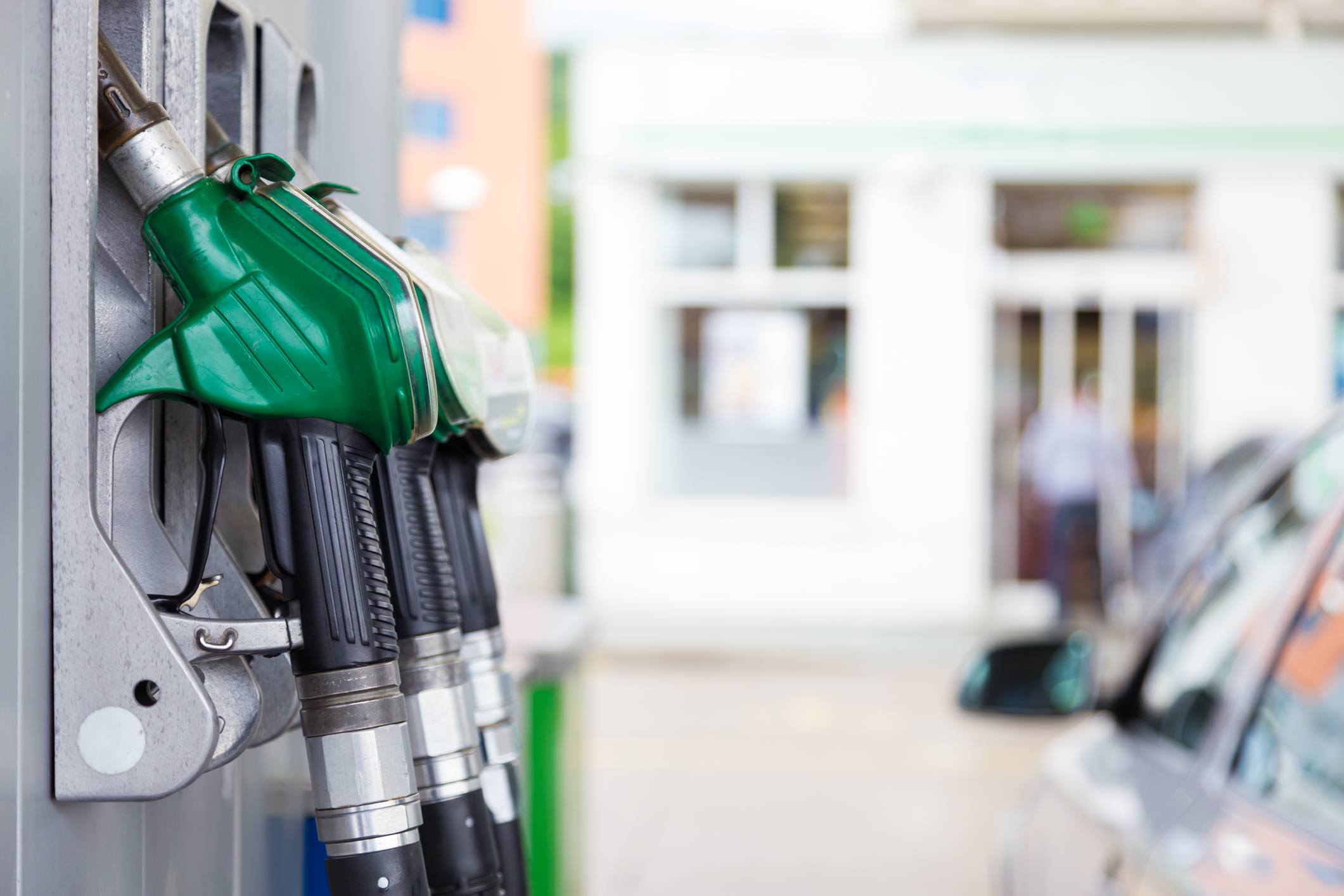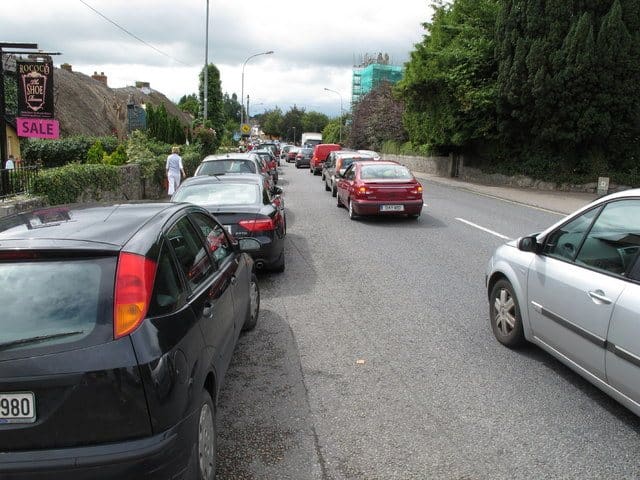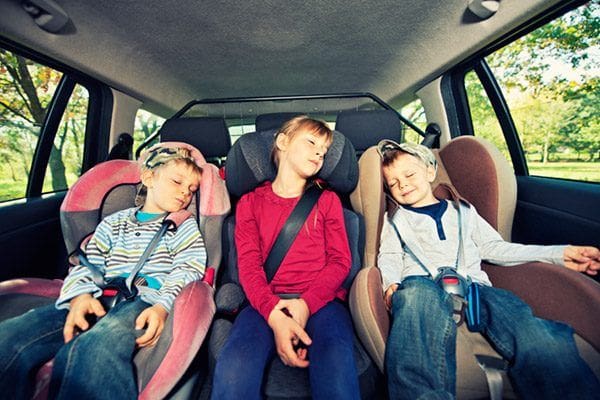The International Energy Agency and the European Commission have recently outlined some steps that people can take to reduce their energy use and save money. They say that if the steps are followed by EU citizens it would save enough oil to fill 120 super tankers and enough natural gas to heat almost 20 million homes.
The actions are designed to help Ukraine by cutting Europe’s reliance on Russian fuel and also to reduce greenhouse gas emissions.
The recommended steps involve turning down heating and using less air conditioning, working from home when possible to avoid commuting, and car-pooling or travelling by public transport when available.
They say Governments can play a role by providing financial incentives by reducing fares for trains, buses and micro-mobility and by supporting the installation of solar panels, the improvement of home insulation and the switch to other fuels for heating.
According to the plan’s findings, with an average one-way car commute in the EU of 15 kilometres, working at home three days a week could reduce household fuel bills by around €35 a month, even after taking increased energy use at home into account.
And, as the average car in the EU clocks up about 13,000 kilometres a year, reducing cruising speed on motorways by 10 kilometres an hour could cut fuel bills by an average of around €60 a year.
Energy-saving steps:
Reduce speed limits on motorways by at least 10km/h
Impact: Saves around 290 thousand barrels per day of oil use from cars, and an additional 140 thousand barrels per day from trucks
Work from home up to three days a week where possible
Impact: One day a week saves around 170 thousand barrels per day; three days saves around 500 thousand barrels per day
Car-free Sundays in cities
Impact: Every Sunday in a month saves around 380 thousand barrels; one Sunday a month saves 95 thousand barrels
Make the use of public transport cheaper and incentivise micromobility, walking and cycling
Impact: Saves around 330 thousand barrels per day
Alternate private car access to roads in large cities
Impact: Saves around 210 thousand barrels per day
Increase car sharing and adopt practices to reduce fuel use
Impact: Saves around 470 thousand barrels per day
Promote efficient driving for freight trucks and delivery of goods
Impact: Saves around 320 thousand barrels per day
Using high-speed and night trains instead of planes where possible
Impact: Saves around 40 thousand barrels per day
Avoid business air travel where alternative options exist
Impact: Saves around 260 thousand barrels per day
Reinforce the adoption of electric and more efficient vehicles
Impact: Saves around 100 thousand barrels per day
Read More:










